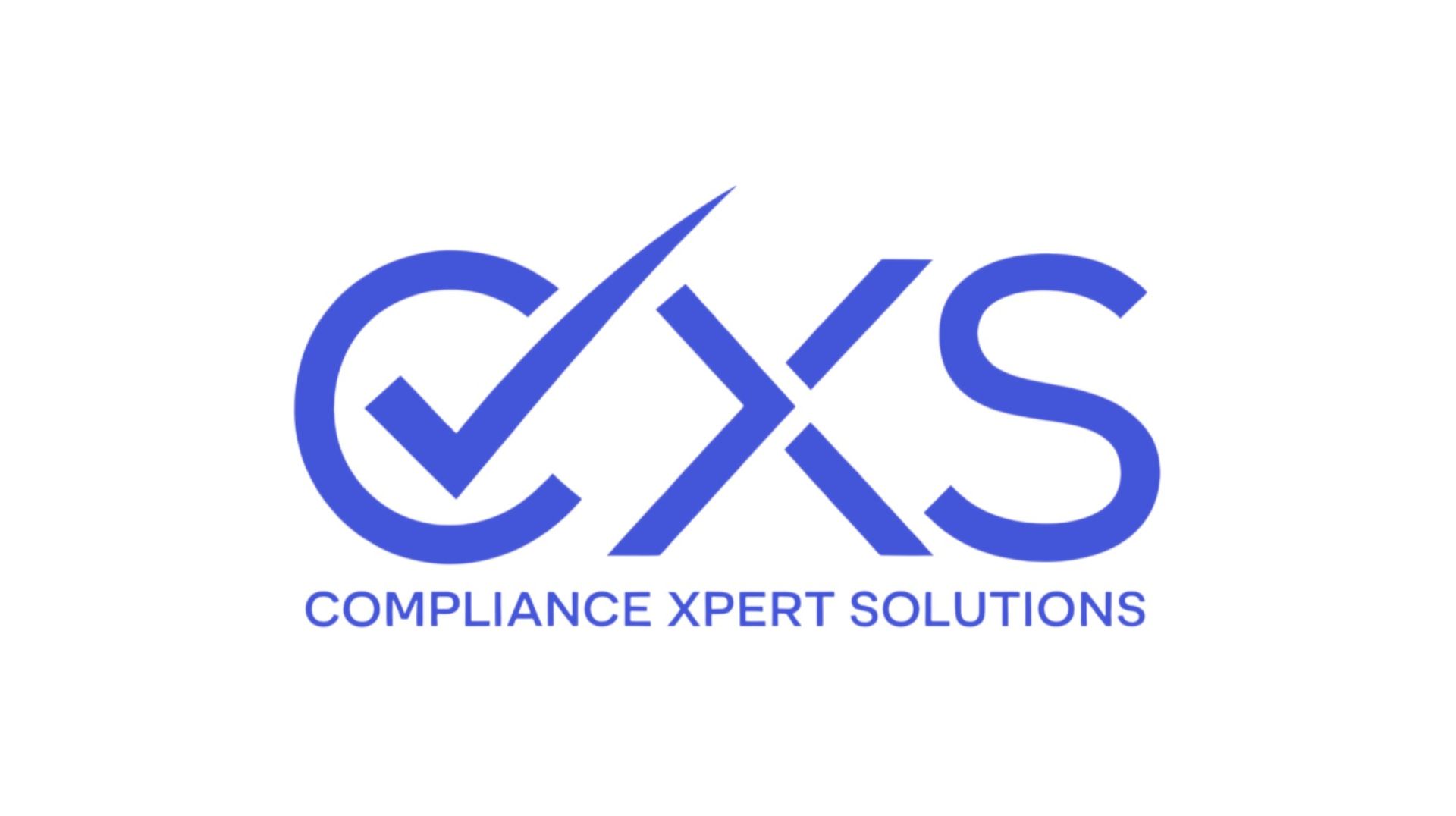The Role of SOPs in Achieving Regulatory Compliance
Understanding SOPs in Regulatory Compliance
Standard Operating Procedures (SOPs) are essential tools for organizations striving to achieve and maintain regulatory compliance. These structured documents provide clear and concise instructions on how specific tasks should be performed, ensuring consistency and adherence to industry standards. In this digital age, where regulations are constantly evolving, having robust SOPs can be the difference between seamless operations and potential regulatory breaches.
The importance of SOPs cannot be overstated, especially in highly regulated sectors such as pharmaceuticals, healthcare, and food production. They serve as a blueprint for employees, outlining their roles and responsibilities while maintaining the organization's integrity. By providing a framework for operations, SOPs help organizations meet legal requirements and minimize risks associated with non-compliance.

The Benefits of Implementing SOPs
Implementing SOPs brings numerous benefits to organizations beyond just regulatory compliance. One significant advantage is the improvement of operational efficiency. SOPs streamline processes by eliminating guesswork and reducing the time spent on decision-making. This efficiency translates into increased productivity and cost savings, as resources are utilized more effectively.
Moreover, SOPs play a crucial role in training new employees. By providing detailed instructions, they reduce the learning curve and ensure that new hires can quickly adapt to their roles. This standardized approach also fosters a culture of accountability, as all team members understand what is expected of them.

Creating Effective SOPs
Crafting effective SOPs requires a comprehensive approach that involves identifying key processes and understanding regulatory requirements. It is crucial to involve subject matter experts in the development process to ensure that the SOPs are accurate and practical. Additionally, periodic reviews and updates are necessary to keep the SOPs relevant in light of changing regulations.
When drafting SOPs, clarity and simplicity should be prioritized. The language used should be straightforward, avoiding technical jargon that may confuse employees. Including visual aids like flowcharts or diagrams can enhance understanding and retention of information.

Challenges in Maintaining SOPs
Despite their importance, maintaining SOPs can present challenges for organizations. One common issue is resistance to change, especially when updating procedures to align with new regulations. Employees may be reluctant to adopt new methods, necessitating effective change management strategies to overcome these barriers.
Another challenge is ensuring consistency across all departments. Organizations must implement a centralized system for managing SOPs to prevent discrepancies and maintain uniformity. Regular audits can help identify gaps and ensure compliance with both internal standards and external regulations.
The Future of SOPs in Regulatory Compliance
As technology continues to advance, the future of SOPs looks promising. Digital solutions are increasingly being leveraged to create dynamic and interactive SOPs that can be easily accessed and updated. These innovative tools not only enhance accessibility but also facilitate real-time compliance monitoring.
In conclusion, SOPs are indispensable assets for organizations aiming to achieve regulatory compliance. By providing clear guidelines and fostering a culture of accountability, they help mitigate risks and ensure seamless operations. As industries continue to evolve, so too must the approach to developing and maintaining SOPs, embracing technological advancements to stay ahead in the compliance landscape.
